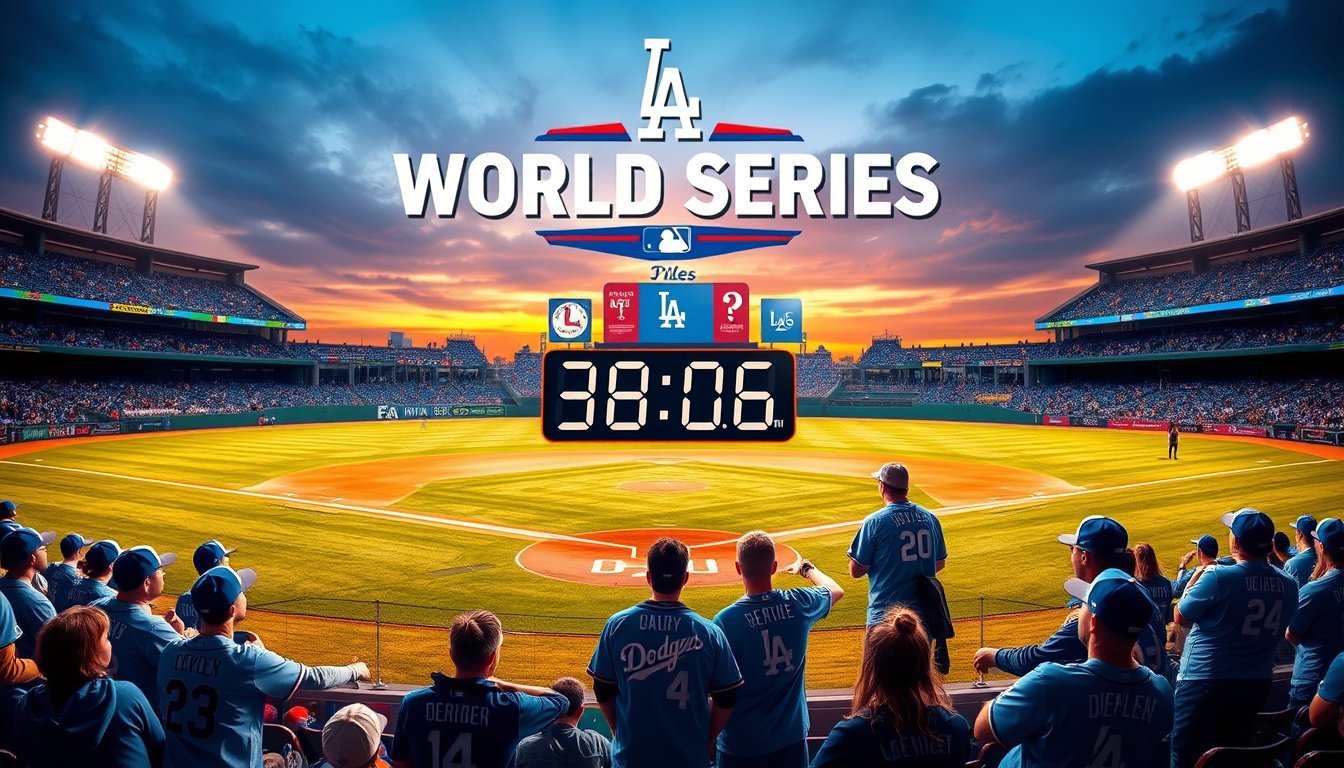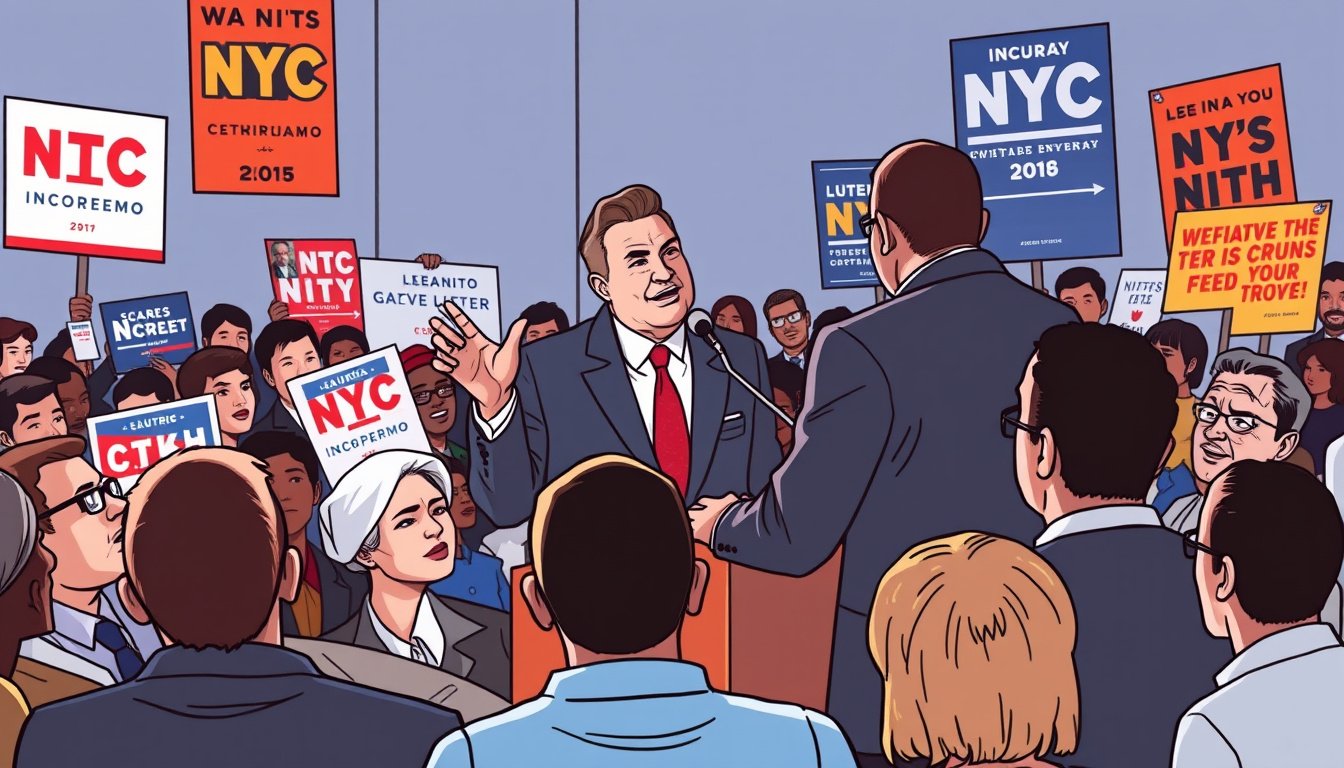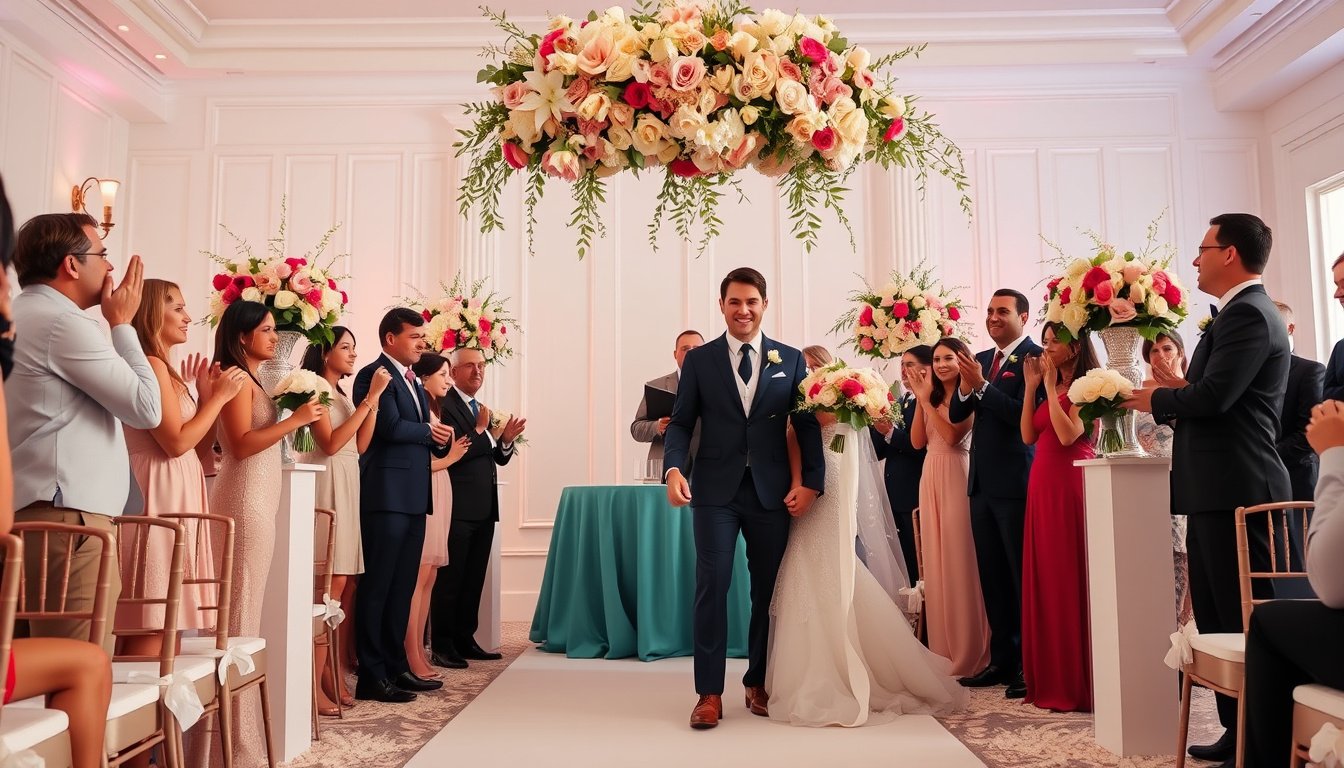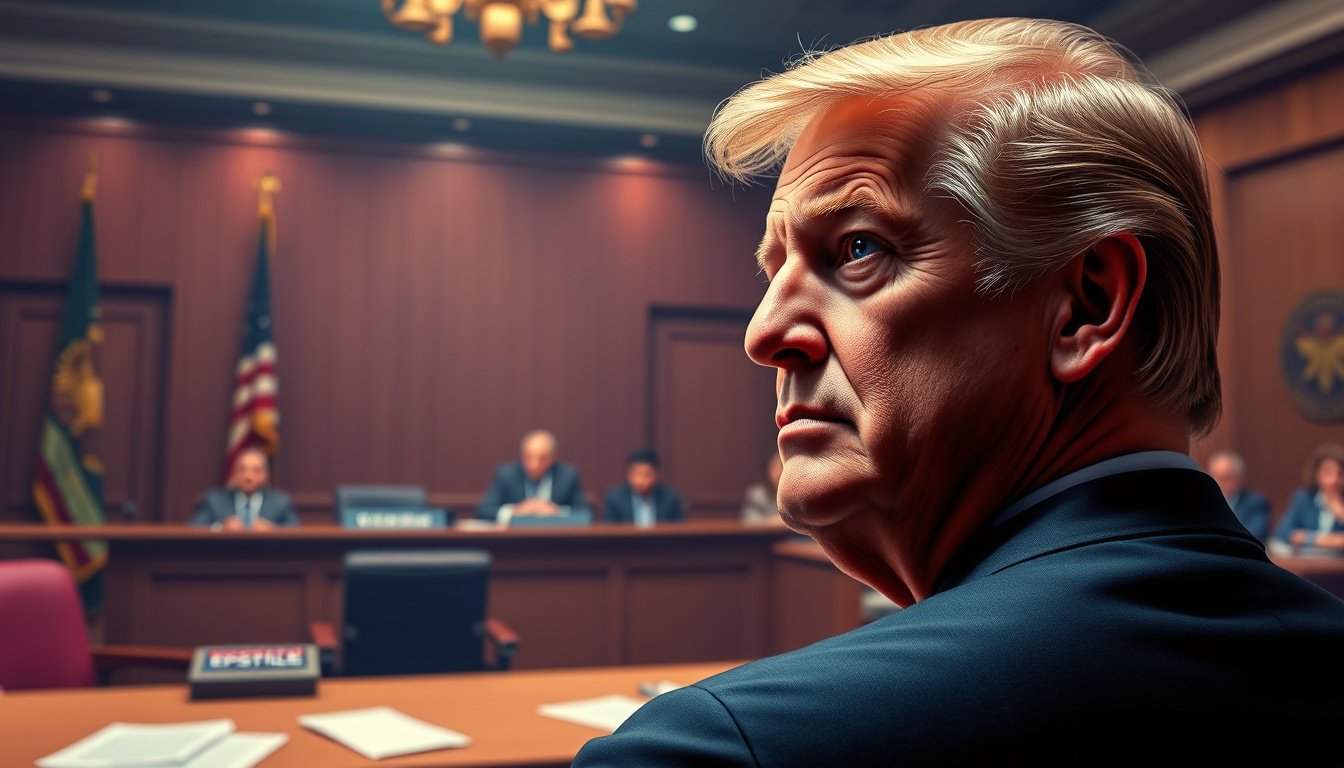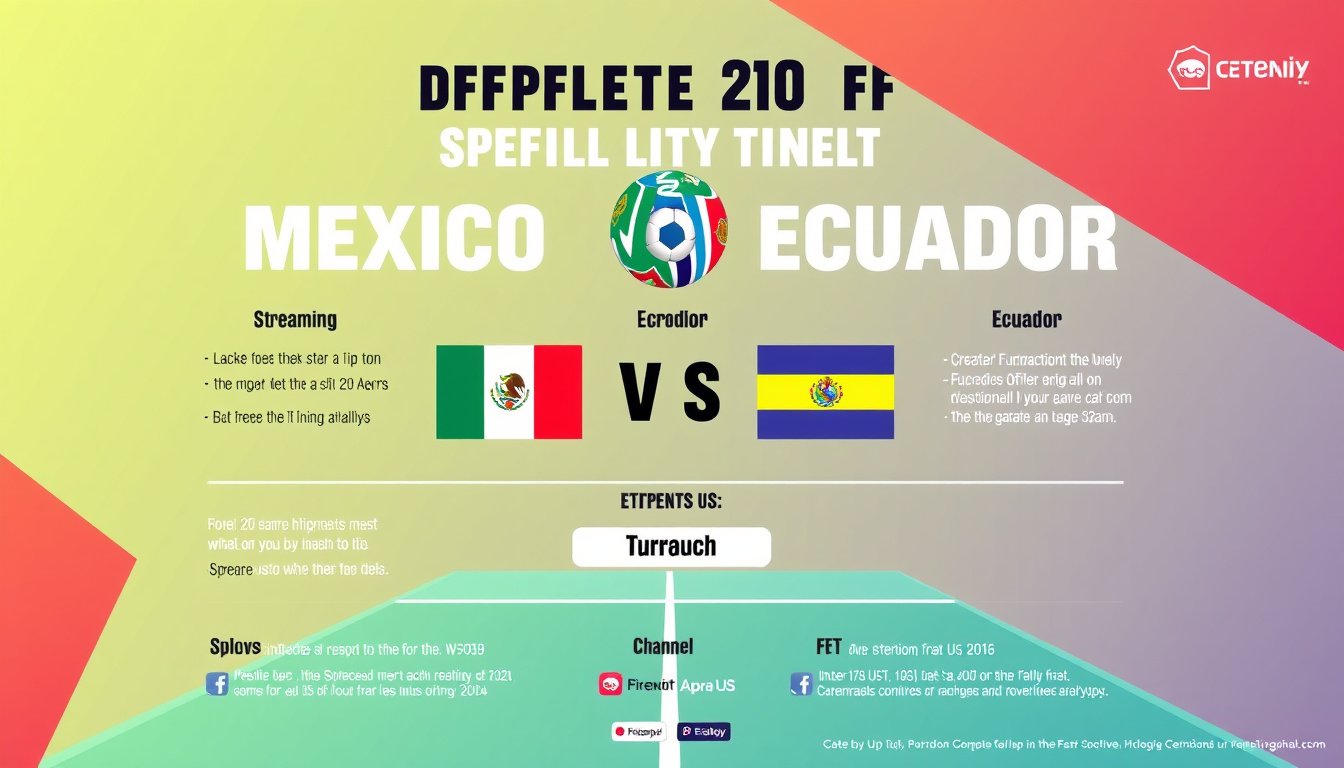Over the last few years, the political landscape surrounding the Russia-Ukraine conflict has seen significant shifts, particularly among Republican voters in the United States. A recent survey by the Pew Research Center highlights these evolving sentiments, revealing a marked change in how Republicans view Russia and the implications of the ongoing war.
As the conflict enters a new phase, it is essential to understand the motivations and trends influencing Republican opinions. The Pew Research Center’s findings illustrate that Republicans are increasingly less likely to consider Russia an enemy. In fact, the percentage of Republicans viewing Russia as an enemy dropped from 58% to 40% in just one year. This shift suggests a growing acceptance among some Republicans of Russia’s role in international politics, categorizing it instead as a partner or competitor—positions that echo the sentiments of former President Donald Trump during his administration.
In terms of U.S. responsibility regarding Ukraine, there has also been a noticeable decline in urgency among Republicans. Fewer Republican respondents believe that the U.S. has a duty to assist Ukraine in its defense against Russian aggression. This change in perspective signifies a broader trend of diminished concern regarding the consequences of a potential Russian victory in Ukraine or further expansionist moves by Moscow. While nearly half of all Americans still express significant concern about Russia’s geopolitical intentions, recent Republican data reflects a downturn in this worry, meaning a divergence from Democratic viewpoints, where concern seems to be increasing.
When it comes to international alliances, opinions on NATO remain stark between the two major political parties. The survey indicates that Democrats are much more likely to support NATO, with approximately two-thirds of Americans affirming the benefits of U.S. membership, although support among Republicans has waned slightly as well. This illustrates a potential rift within the party over foreign policy priorities and alliances that have historically been viewed as vital to U.S. security.
The perception of Russian President Vladimir Putin is another area where partisan divides are evident. While both parties express negative views of Putin, the intensity of these feelings differs significantly. A majority of Democrats possess very unfavorable views of Russia, contrasted with a notable segment of Republicans who are becoming more favorable towards Putin. This discrepancy highlights a fracture in the traditional bipartisan consensus over how the U.S. should approach Russia, a relationship dating back to the Cold War era.
Ukrainian President Volodymyr Zelenskyy also garners significant attention in the survey data, with a stark contrast in confidence levels among party lines. While nearly 70% of Democrats express trust in Zelenskyy, only about 30% of Republicans feel similarly. This divide not only reflects differing priorities but also indicates varying perceptions of the use of U.S. influence abroad.
In summary, the shifts in Republican views on the Russia-Ukraine conflict illustrate deeper ideological currents at play within American politics. As the war continues and its implications unfold globally, these evolving opinions may significantly influence how the U.S. engages with both Russia and NATO in the future. Understanding this fracturing consensus is crucial for interpreting current and upcoming foreign policy strategies, as well as the potential impact on domestic political dynamics.

